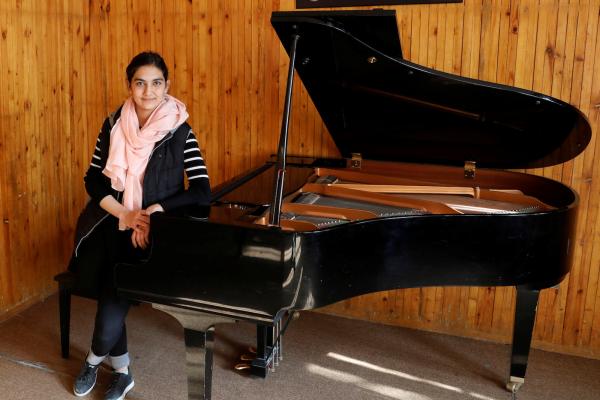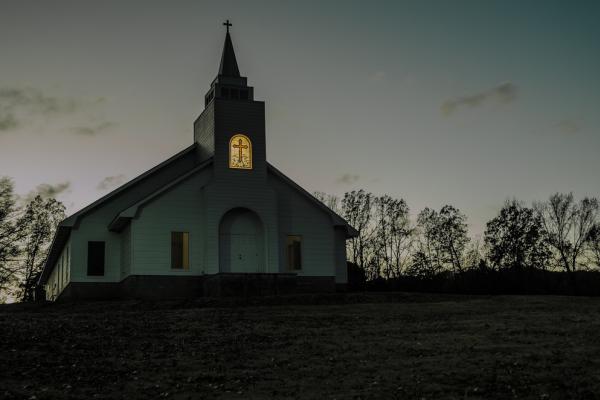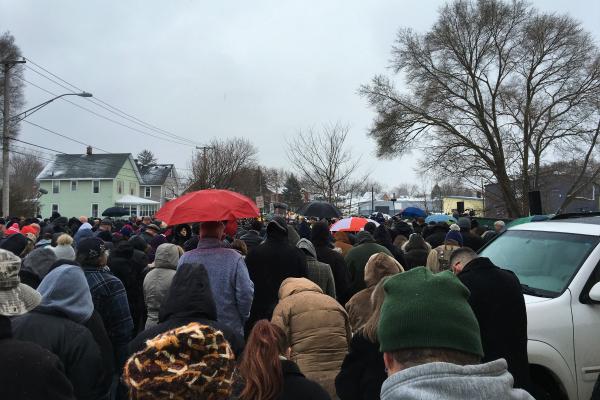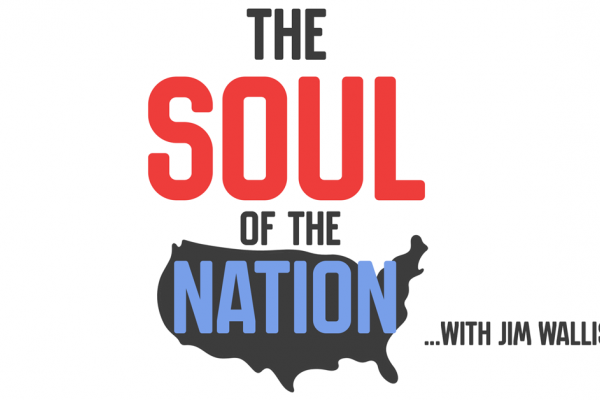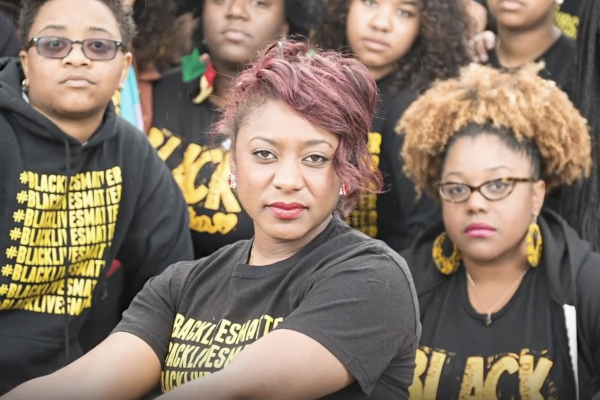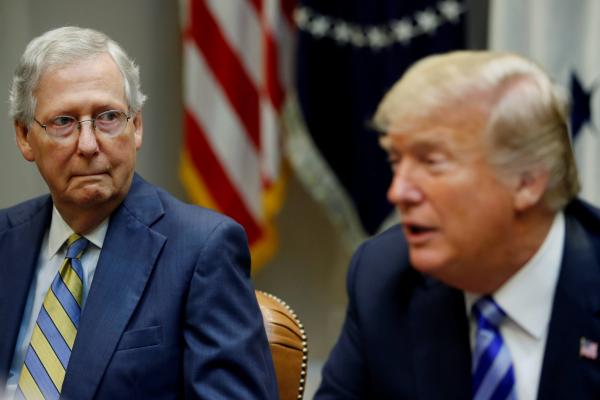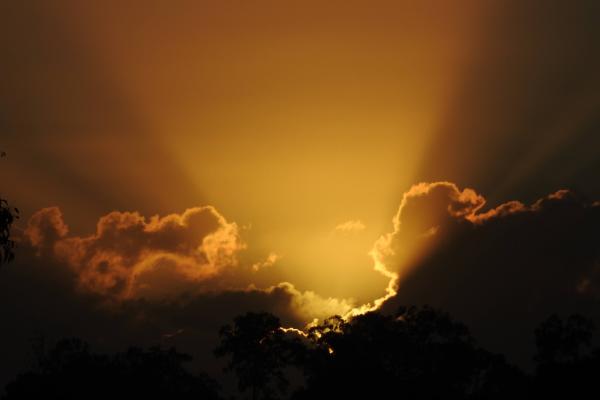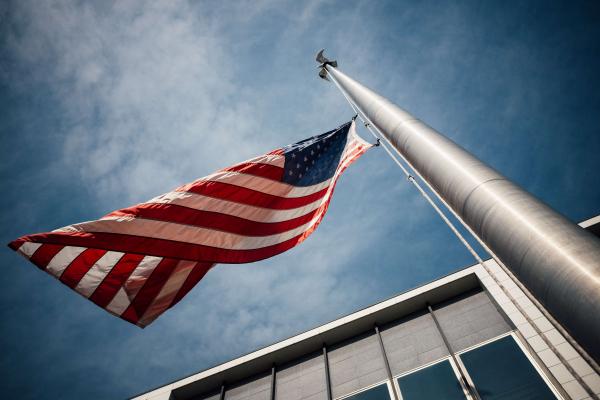Late last month, it was reported that the U.S. and the Taliban have agreed in principle to the framework of a deal that could potentially end the 17-year war that began in 2001 when the U.S., with the strength of NATO forces, invaded and began occupying Afghanistan. In the lead up to war, leaders cited concerns about human rights, specifically women’s rights.
The announcement follows a stunning report on hundreds of sexual abuse and misconduct cases in the Southern Baptist Church.
Two days after a brutal workplace shooting in the Chicago suburb of Aurora, where five were killed and six were injured, over 1,000 people joined together for a prayer vigil at the Henry Pratt Company plant, filling the street near the building where the shooting occurred. As several local pastors shared prayers with the huge gathering of mourners, the only sounds that broke the silence between prayers were quiet sobs. Beside a gate connected to the plant, people placed flowers, candles, and signs.
The Reclaiming Jesus elders have called for “national prayer and fasting” to begin on March 6, Ash Wednesday, and to continue throughout the season of Lent.
The Black Lives Matter movement has become a voice of solidarity. Today we celebrate Alicia Garza, the woman behind the hashtag.
Parkland anniversary, sexual abuse and reformation, prisoners of hope, urban agriculture, deconstruction, and more!
President Donald Trump vowed on Thursday to declare a national emergency in an attempt to fund his U.S.-Mexico border wall without congressional approval, a step likely to plunge him into a court battle with Congress over constitutional powers.
And I can’t help but think about my friends on “life” row who live daily in that space. They know that their execution dates can be set at any moment, but they also know that they are alive now and have to live into as much of the fullness of the day as they possibly can. It can be difficult, at times, to sit in the liminal space with my friends, as I never know which they will choose — will they choose life or will they choose death to discuss? And the truth is that they pick both. They need to process their death while they are living. And they have to process their living while they know they face a certain death.
On Ash Wednesday 2018, a group of elders met for a retreat together because of a national political crisis, which was also revealing a crisis of faith. At Pentecost, in overcrowded churches in downtown Washington, D.C., we launched a declaration that we called Reclaiming Jesus: A Confession of Faith in a Time of Crisis. More than 5 million people have directly responded to the Reclaiming Jesus declaration thus far and many more have been reached by it and are addressing the declaration in their churches. A declaration is becoming a movement to re-claim Jesus; the message of Jesus needs reclaiming at a time like this.
One year after the Valentine's Day massacre inside a Florida school, students and families leading a nationwide push for gun safety will pause on Thursday for the anniversary of the deadliest U.S. high school shooting.
Many students were expected to stay home from a shortened class day at Marjory Stoneman Douglas High School in Parkland, Fla., where a former student with an assault gun killed 17 people on Feb. 14, 2018.
